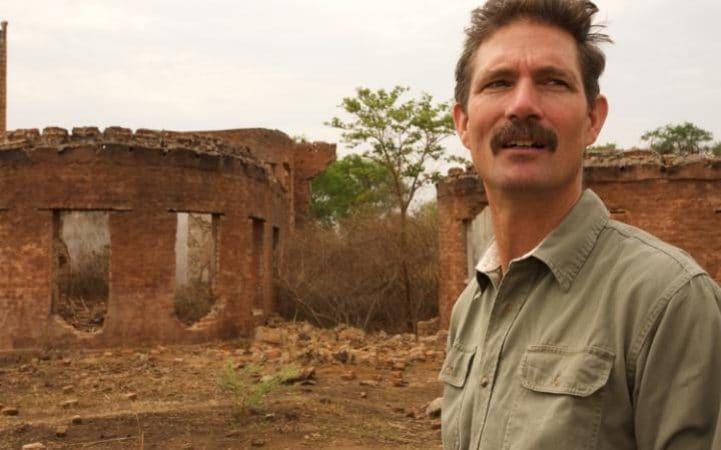
SYDNEY KAWADZA LAND rights activist Ben Freeth says the country’s agriculture sector will remain in the doldrums until authorities give title deeds to farmers, who benefited from controversial land seizures at the turn of the century.
Freeth, who represents several white former commercial farmers whose land was parcelled out and given to landless blacks during the contentious programme, told the Zimbabwe Independent last week that by depriving citizens of title deeds for land, Zimbabwe was shutting doors to any hope of accessing bank loans by local farmers.
“The financial system is important for farmers to be able to take a title deed to the bank and say this is my business plan and get a loan,” he said.
“The bank either accepts or rejects that depending on your track record. Communal farmers have not been given that right of ownership whereas, in successful agricultural countries, all are built on title deeds.”
Freeth is the spokesperson of 11 former commercial farmers, who could benefit from a South African Supreme Court of Appeal (SCA) ruling that could see Zimbabwe shelling out R2 billion (US$126 million) in compensation after the violent takeovers.
He said some farms would need in excess of US$4 million each to restore operations to the standards that produced export quality yields.
Freeth said Zimbabwean farmers lacked property rights or title deeds of their farms leading to little development in all areas, including communal areas.
He said the late economist, John Robertson, proposed to both the colonial government and independent State to give farmers title deeds but was dismissed.
- Chamisa under fire over US$120K donation
- Mavhunga puts DeMbare into Chibuku quarterfinals
- Pension funds bet on Cabora Bassa oilfields
- Councils defy govt fire tender directive
Keep Reading
“The problem is that everything is all about government control as opposed to giving individuals that right to be able to develop God-given potential on that particular land,” Freeth said.
Freeth, a former commercial farmer, was assaulted several times during the land grabs.
“At the moment the government is spending billions of taxpayers’ money trying to subsidise agriculture. You know US$3,5 billion has gone missing in trying to subsidise agriculture,” he said.
“Until we get back to a position where there are property rights, we should forget about success in the agriculture sector.”
Freeth further noted that while the government has promised 99-year bankable leases, they are yet to be delivered.











